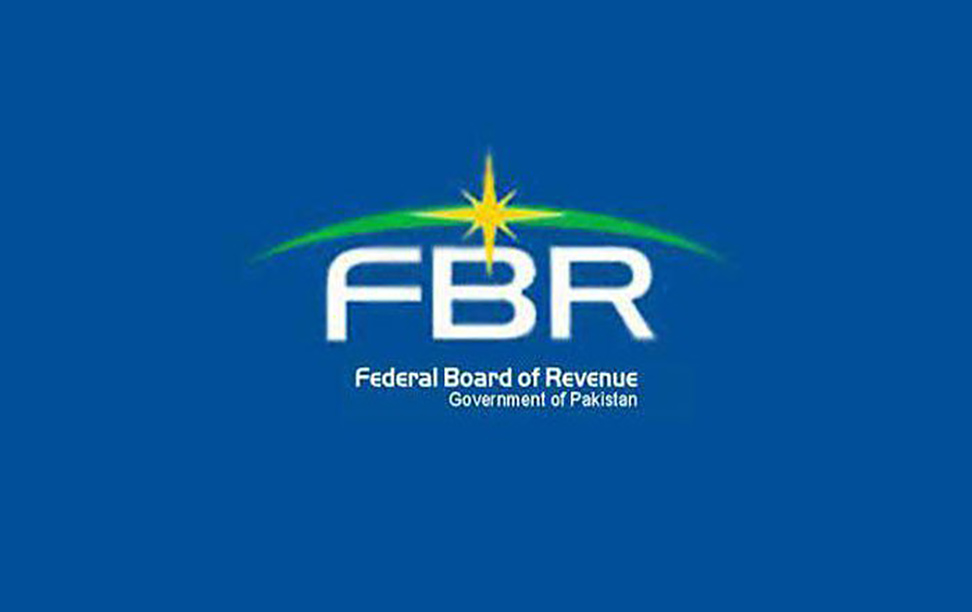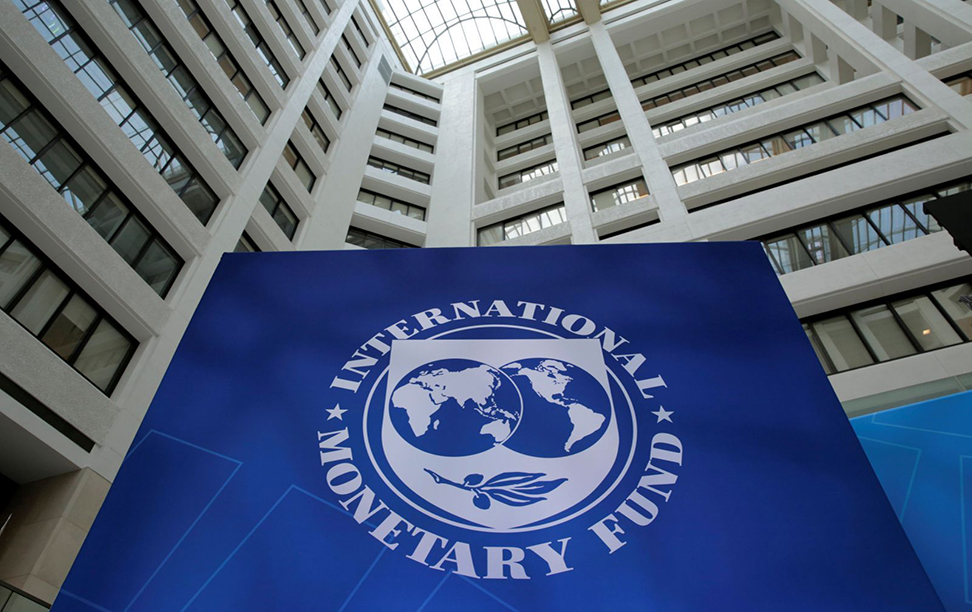December 09, 2022 (MLN): Foreign exchange reserves of the State Bank of Pakistan (SBP) will increase in the second half of the current fiscal year due to expected inflows in 2HFY23 and rollovers of some external obligations, SBP Governor Jameel Ahmed said in a podcast on Thursday.
Further, he discussed the country’s capacity to meet its international financial obligations and addressed concerns over external account vulnerabilities.
Governor said that the war in Ukraine, a historic increase in international commodity prices, and monetary tightening pursued by central banks are major challenges.
As a result of this, developing countries, including Pakistan are facing difficulties in raising funds from international financial markets. On the domestic front, the economy is impacted by floods which created challenges for Pakistan.
“Overall, the situation is challenging; however, SBP and the government are taking measures to improve the situation”, he added.
For the fiscal year 2023, around $33 billion have to be repaid to external stakeholders, including CAD $10bn and $23bn in loan repayments. Out of the payable $23bn external debt, Pakistan has already repaid more than $6bn.
Besides this, a bilateral loan of $4bn has been rolled over with the cooperation of relevant countries.
Another $8.3bn maturing obligations are expected to be rolled over as discussions are underway. The remaining outstanding repayment stands at around $4.7bn for the remainder of this fiscal year.
This includes $1.1bn in commercial loans that have to be paid to foreign banks and $3.6bn in multilateral loans. Pakistan has received foreign exchange inflows of $4bn (excluding the rollovers of $4 billion mentioned above).
Further, he said Pakistan will continue to make timely loan payments while inflows are expected to increase significantly in the second half of the current fiscal year.
During the week 28Nov-2Dec SBP reserves reached $7.9bn after receipt of $500mn from AIIB.
Also, SBP paid $1bn against maturing Pakistan International Sukuk and some other external debt repayments.
Accordingly, Pakistan’s foreign exchange reserves stood at $6.7bn as of December 2, 2022.
“Earlier the central bank had repaid two commercial loans totaling $1.2bn. These banks are expected to refinance the same amount, in the coming days, helping to raise the country’s foreign exchange reserves”, he added.
The government is also in talks with a friendly country for the disbursement of a $3bn loan and negotiations with multilateral agencies are progressing, for further financial support.
The debt profile of Pakistan is composed of bilateral and multilateral creditors and only a small percentage is owed to foreign banks. SBP has enough reserves to repay all obligations in an effective manner and the inflows expected will boost forex reserves.
At the beginning of the fiscal year, SBP projected CAD to be $10bn for FY23. However, as Pakistan was hit by historic floods, this led to expectations of some increase in imports particularly that of wheat, fertilizers, and cotton.
Along with this, our exportable crops were impacted due to floods. As a result of this, it was expected that Pakistan’s CAD will increase by $2bn to $3bn. In the international market, however, some important developments have taken place including a decrease in the price of petroleum products.
He added that SBP has also taken policy actions that will reduce some outflows significantly. As a result of these policy interventions and other measures, it is expected that CAD will remain below $10bn for FY23.
In the last quarter of FY22, SBP and the government implemented some administrative measures to rationalize imports and improve the external accounts’ position. SBP placed restrictions on imports mentioned in chapters 84, and 85, and certain items of 87.
These restrictions covered about 15% of Pakistan’s total imports whereas no restrictions have been placed on 85 percent of imports. Thereafter, SBP in coordination with the government identified 8 to 10 business sectors that were genuinely affected and needed relief.
They were allowed to import 50% to 60% of their monthly average import payments made from January to June 2022.
Similarly, some importers reported cases of demurrages where LCs for imports were opened before the issuance of SBP restrictions. SBP in coordination with commercial banks resolved the issue and the backlog of payments were cleared.
Further, some relaxation was also given after consultation with the industry. Consequently, less than 10% of the country’s imports are currently subject to administrative controls. All such restrictions are temporary and will be withdrawn gradually.
Petroleum and Pharmaceuticals are among the priority sectors for SBP. There are absolutely no restrictions on the import of petroleum products, or on the import of raw materials or inputs related to the pharmaceutical sector.
We recognize that administrative measures on imports must not be continued and we need to relax them gradually. From next year, we may review them and bring more ease to the businesses.
Copyright Mettis Link News
Posted on: 2022-12-09T13:05:41+05:00







